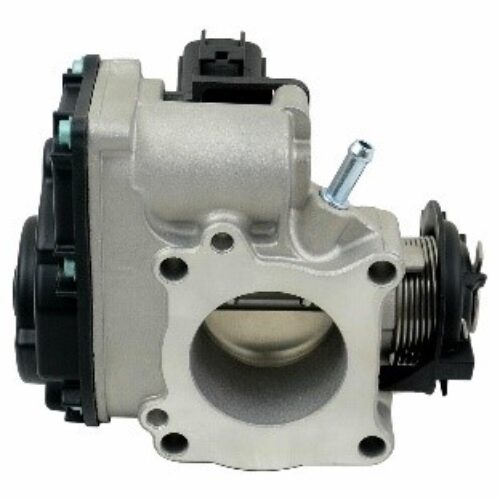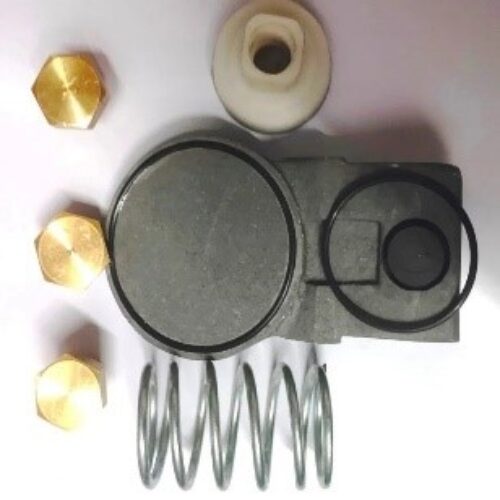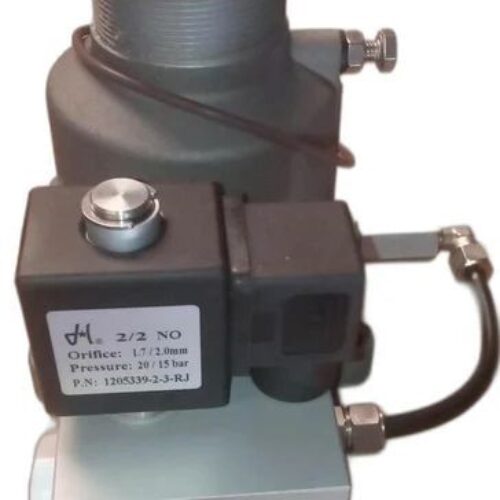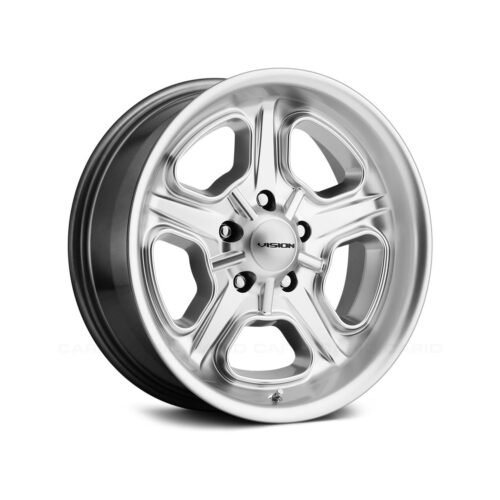PVC Automotive Repair Tools
Original price was: $2.50.$2.40Current price is: $2.40.
Product Specification
| Material | PVC |
| Usage/Application | Automotive |
| Color | Red And Black |
| Finish | Polished |
| Height | 250g |
| Minimum Order Quantity | 5 |
Description
Introduction to PVC Automotive Repair Tools
PVC automotive repair tools have emerged as essential components in the toolkit of both professional mechanics and DIY enthusiasts. Polyvinyl Chloride, commonly known as PVC, is a versatile material that offers numerous advantages in the realm of automotive repair. Understanding these benefits is crucial for anyone involved in vehicle maintenance and repair.
One of the primary reasons PVC is highly regarded in automotive repair tools is its unique combination of durability and flexibility. Unlike traditional metal tools, which can be rigid and prone to corrosion, PVC tools are resistant to a variety of chemicals, including oils and solvents commonly encountered in automotive environments. This chemical resistance ensures longevity and reliability, minimizing the need for frequent replacements.
Another notable property of PVC is its lightweight nature. This makes PVC automotive repair tools significantly easier to handle and maneuver, reducing user fatigue during extended repair sessions. This is particularly advantageous when working in confined spaces or performing intricate tasks that require precision. Moreover, the flexibility of PVC allows for the creation of tools that can reach and operate in areas that might be inaccessible with rigid metal counterparts.
Common types of PVC tools used in automotive repair include hose clamps, tubing, and specialized wrenches. These tools offer several benefits over their metal counterparts. For instance, PVC hose clamps are less likely to damage delicate hoses, while PVC tubing can be easily cut and shaped to fit specific needs. Additionally, specialized PVC wrenches are designed to provide a secure grip without marring surfaces, which is essential when working with sensitive components.
Cost-effectiveness is another significant advantage of PVC automotive repair tools. Typically, PVC tools are more affordable than their metal equivalents, making them an attractive option for budget-conscious mechanics. The ease of handling and maintenance further enhances their appeal, as PVC tools require minimal upkeep and can be easily cleaned with standard cleaning agents.
In conclusion, the unique properties of PVC make it a highly suitable material for automotive repair tools. Its combination of durability, flexibility, chemical resistance, and cost-effectiveness ensures that PVC tools are a valuable addition to any mechanic’s arsenal.
Must-Have PVC Automotive Repair Tools
In the realm of automotive repair, having the right tools is paramount. For mechanics, certain PVC tools are indispensable due to their versatility and efficiency. Among these, PVC hose connectors, PVC pipe cutters, PVC fitting brushes, and PVC solvent cement are essential components of a well-equipped toolkit.
PVC hose connectors are vital for joining hoses securely. They come in a variety of sizes and configurations, making them adaptable to different automotive systems. When working on coolant systems, fuel lines, or air conditioning units, these connectors ensure leak-proof and durable joints. To use them effectively, ensure that the hoses are clean and dry before making connections, and always double-check for a snug fit.
Next, PVC pipe cutters are essential for obtaining clean and precise cuts on PVC pipes. A clean cut is crucial for ensuring proper fitting and sealing. When cutting, make sure to brace the pipe firmly and rotate the cutter around the pipe evenly to avoid any jagged edges. Regularly sharpening the blade will prolong the tool’s life and maintain cutting efficiency.
PVC fitting brushes are indispensable for cleaning and preparing pipe surfaces before assembly. These brushes effectively remove any debris, ensuring a clean surface for a strong bond. For optimal use, it’s recommended to brush both the pipe and the fitting thoroughly. Keeping the brushes clean and dry after use will prevent rust and extend their lifespan.
PVC solvent cement is used to fuse PVC components together, creating a strong and durable bond. When applying the cement, ensure even coating on both the pipe and fitting. Allow sufficient drying time as per the manufacturer’s instructions to achieve maximum strength. It’s important to use this solvent in a well-ventilated area to avoid inhalation of fumes, and wearing gloves can protect your skin from irritation.
Maintaining these tools is crucial for their longevity. Regular cleaning and proper storage will prevent wear and tear. Safety precautions are equally important; always wear protective gear such as gloves and safety glasses to safeguard against potential hazards. By adhering to these practices, mechanics can ensure safe and efficient use of PVC automotive repair tools, ultimately enhancing their repair work’s quality and reliability.









Reviews
There are no reviews yet.